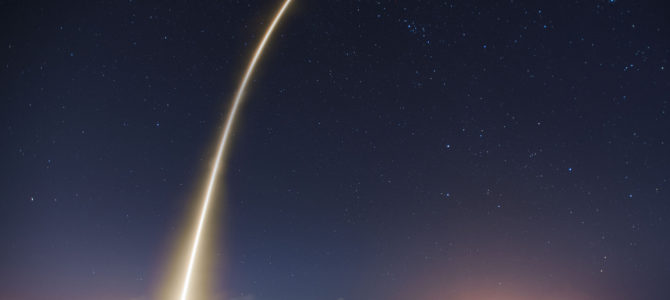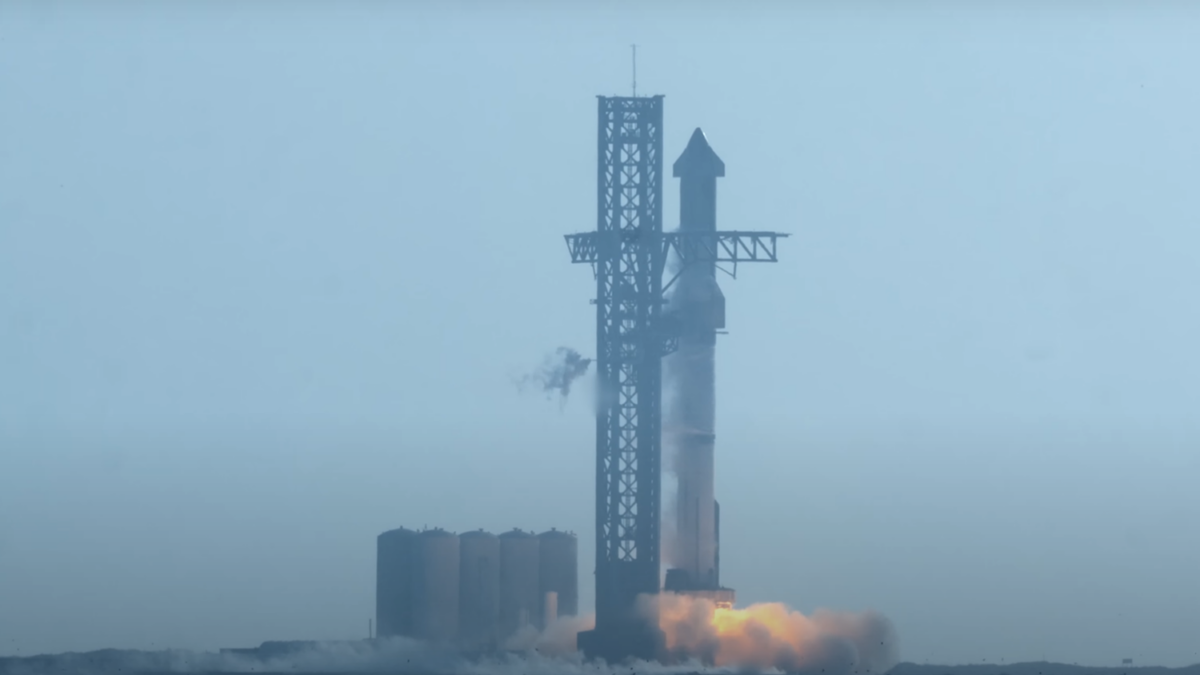
Elon Musk’s SpaceX wants to go to Mars with taxpayer money. That may never happen, but this week Congress might give the company the greatest gig it could ever receive on planet Earth: a government-granted monopoly over space launch.
Elon Musk is the modern-day version of the Rothschild family. The Rothschilds funded both sides of major wars to get ahead in the business world. Similarly, Elon funds both sides of every political battle to keep his $5 billion government empire prioritized over his competitors’.
To be fair, every aerospace manufacturer receives a high percentage of its government contracts from the federal government. That’s expected. But what should not be tolerated is political maneuvering by any company to outlaw existing competition through congressional action.
Elon Musk Kills His Rivals Via Legislative Fiat
For years, that is exactly what Musk has been trying to do. Giving big ticket donations to politicians of both parties, particularly those in high-ranking positions in the Armed Services Committee, to kill rivals by legislative fiat. Unfortunately, this week, it just may pay off.
Section 1615 of the House NDAA, which the Senate may very well take up for a vote in a couple of days, would ban the Air Force from seeking development of new launch systems. This is Musk donor-speak for allowing SpaceX to dominate the market.
Many military operations heavily rely on space services to alert the Pentagon to potential threats, as well as provide means of strategic communications. That’s why ensuring adequate competition and steady innovation is so important. Currently, the two main players are SpaceX and United Launch Alliance (ULA). ULA has an unprecedented number of successful launches. However, its Delta IV is on its way out, while production of its hallmark Atlas V will also soon cease because Congress is not comfortable with its use of the Russian-made RD-180 engine.
For these reasons, the Pentagon has invested in public-private partnerships to produce new engines. However, it is also working with companies to establish a new launch vehicle. Why? Because as the Pentagon stated in a testimony to the House Armed Services Committee, “Assured access to space requires end-to-end space launch services and not just a rocket engine,” because “any effort to simply replace the RD-180 with a substitute engine would require extensive design and engineering changes, as well as significant dynamic and acoustic testing, and would ultimately result in a new launch system, which would require recertification.”
In other words, it’s not as easy as just taking an engine out and putting a new one in. The costs of the Atlas V would balloon, making Musk’s Falcon 9 the only affordable option left.
SpaceX Has Done a Lot. It’s Also Cost Taxpayers Millions
If Congress wants to ban the use of Russian RD-180s, whether for political posturing or valid defense reasons, that’s fine. But Title 10, Section 2273 of the US Code requires “the availability of at least two space launch vehicles (or family of space launch vehicles) capable of delivering into space any payload designated by the Secretary of Defense or the Director of National Intelligence as a national security payload.” Stopping use of the RD-180 and then failing to at least ensure the establishment of a launch vehicle to replace the company’s present one would not only be immoral, but also a clear violation of existing law.
Several companies are already in the process of developing reliable, cost-cutting launch vehicles that may be of value to the market. Potentially hindering their future development by restricting the Air Force to new engine development is a big mistake.
Don’t get me wrong. Since SpaceX entered the marketplace, it has done a lot of respectable things—like greatly cutting down on the cost of launches. But the company is not without its hiccups, some of which are major and costly. While Musk’s Falcon 9 sticker prices often appear cheaper (and, in many cases, they do in fact end up costing less), its costly failures sometimes make that nothing more than smoke and mirrors. For example, its most recent explosions occurring the last two years have cost taxpayers $110 million and $62 million respectively, and that does not even account for launch pad damage or drastic delays brought to future missions.
Congress Shouldn’t Cater To Elon Musk’s Monopoly
For these reasons and more, The Trump administration has also come out against the NDAA, explicitly stating that it “ignores key recommendations of the Committee’s independent panel of experts, who proposed broad funding at the launch-system level.” The administration also believes it will jeopardize “the Administration’s innovative, agile approach,” which “has already saved taxpayers $300 million and is the quickest path to delivering modern, domestic, cost-effective launch capabilities that will support national security requirements for decades to come.”
Similarly, former congressman Ron Paul wrote, “if this provision becomes law, SpaceX will be able to charge the government more than they could in even a quasi-competitive market.”
As the Senate deliberates the FY 2018 NDAA, it should listen to the real experts on space-related matters, not pseudo experts with vested financial interests, like Musk donor recipient John McCain. Musk’s business model of using the government to corner the market in the electric car industry isn’t optimal, but at least it doesn’t threaten American lives. However, our defense depends on Congress making sound decisions on important national security issues, free of special interest provisions like this one.









